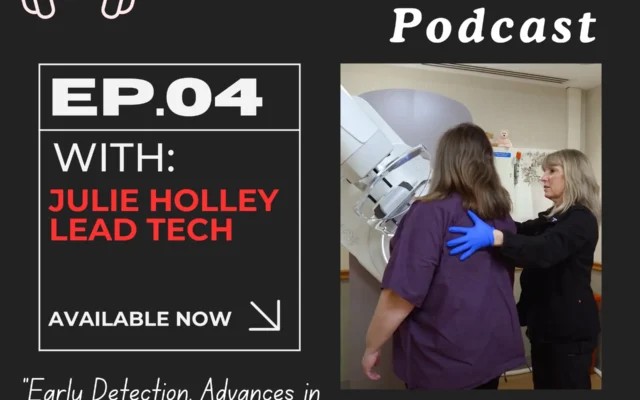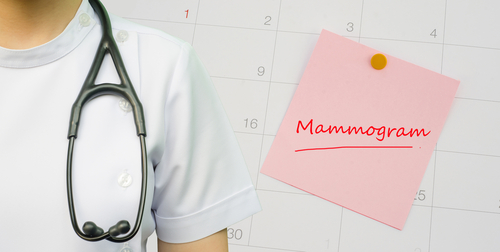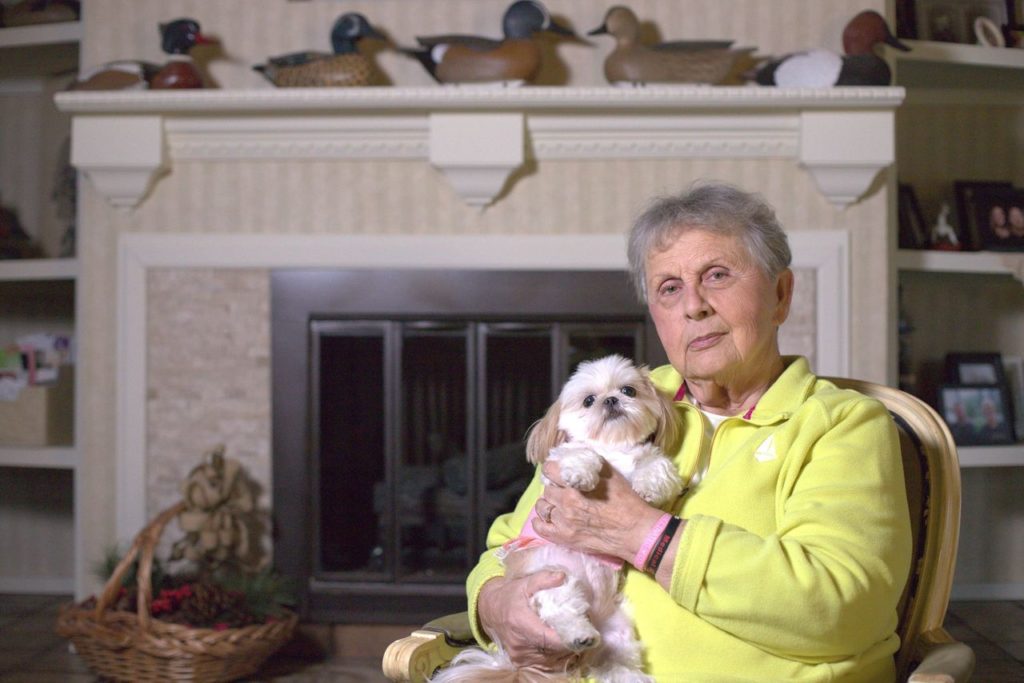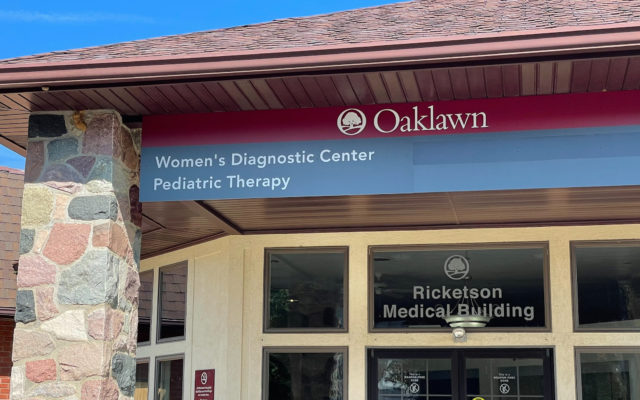
Women’s Diagnostic Center

Located in the Ricketson Medical Building, the Women’s Diagnostic Center offers a relaxing atmosphere for the services of mammography, ultrasound and DEXA Scan.
Digital Mammography
Oaklawn utilizes the GE Senographe Pristina for it’s digital mammography services. Digital mammography provides many benefits;
- Provides clearer, more readable images that can be manipulated and magnified.
- Reduces the amount of repeat testing that women have to undergo.
- Our healthcare professionals can better see the entire breast area and tissue at the skin line.
- Images can be stored and transmitted electronically and are more accessible.
- Shorter exam times for both screening and diagnostic purposes.
- Images can be reviewed almost instantaneously.
DEXA Scan: Bone Density Testing
A DEXA scan is a type of medical imaging test. It uses very low levels of x-rays to measure how dense your bones are. DEXA stands for “dual-energy X-ray absorptiometry”. A DEXA scan is an imaging test that measures bone density (strength). DEXA scan results can provide helpful details about your risk for osteoporosis (bone loss) and fractures (bone breaks). This test can also measure your body composition, such as body fat and muscle mass.

“I’m an older one, I have been with Oaklawn for years. They have been my backup on everything. I would remind women to not skip their mammogram. I’m 81 now, and I have gone every year, I’m sure glad I did.”
Barbara Hookway, Patient

